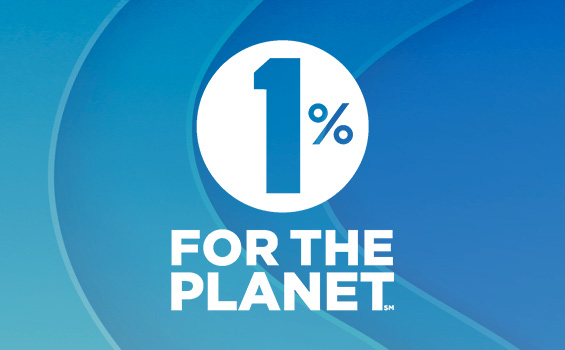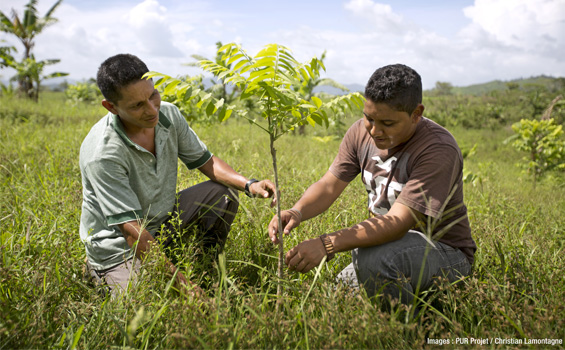These cookies are necessary for the operation of the site and cannot be disabled in our systems.
They are generally only deposited as a result of specific actions taken on the site related to a request such as managing your privacy preferences, logging into the site or filling out forms.
Your consent is not required for the use of necessary cookies on our website. For this reason, essential cookies cannot be activated or deactivated individually.
You can set your browser to block or alert you to these cookies, but some parts of the site may not operate properly afterwards. These cookies do not store any personal data.
These cookies also collect information about how our website is used. We use them to understand how our web pages are browsed to improve their attractiveness, content and functionality. All information collected by cookies is aggregated and therefore anonymous.
Without these cookies, we would not be able to track the performance of our website, which allows us both to offer content that is specifically of interest to you and to resolve any bugs !
If you disable this cookie, we will not be able to save your preferences. This means that each time you visit this site, you will need to enable or disable cookies again.



